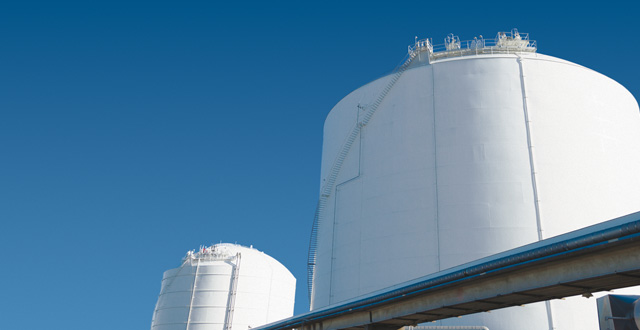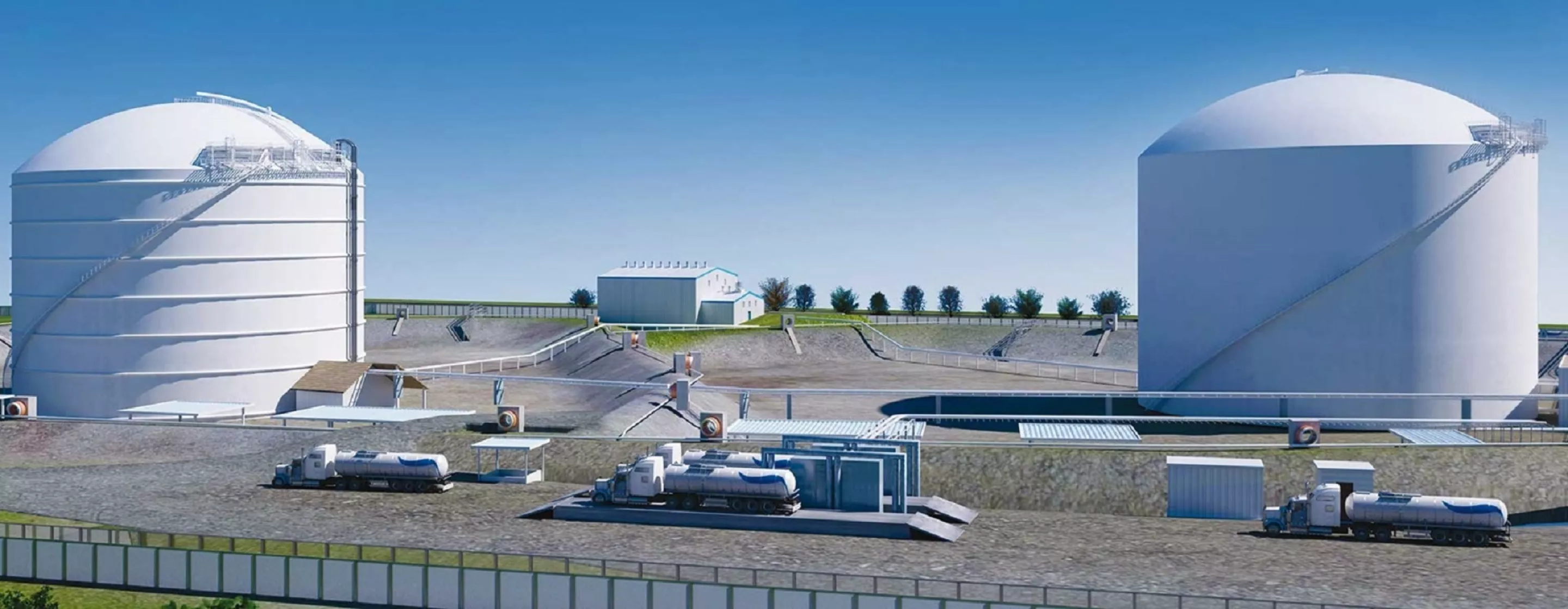About LNG
When cooled to -160°C, natural gas changes from a gas to a liquid. In liquid form, it takes up 600 times less space than in its gaseous state. In the same space, it is therefore possible to store 600 times more energy with LNG than with natural gas in a gaseous state—a definite advantage in terms of transportation and storage.
Supply chain dynamics
Énergir produces liquefied natural gas at its liquefaction, storage and regasification (LSR) plant in Montreal East. With three loading bays, the facility can produce over 10 billion cubic feet (BCF) of natural gas per year and store up to 2 BCF in cryogenic tanks where the LNG is kept after liquefaction. The loading bays supply LNG to tanker trucks that either deliver it to refuelling stations or directly to customers within a 1,500-kilometre radius of the LSR plant.

Liquefied natural gas: a smart, versatile solution to power Quebec’s key sectors
LNG is an energy source that meets the needs of several sectors, including marine transportation and industrial and mining operations located in remote areas not served by the gas network.

The only fuel that meets environmental standards
Using liquefied natural gas as a marine fuel makes it possible to meet and even exceed the air emissions standards in effect as of 2024. LNG has a cradle-to-grave carbon intensity up to 21% lower than marine diesel or bunker fuel2. LNG is also insoluble, so in the event of a spill, it evaporates without contaminating soil, water or wildlife.

Reducing remote regions’ reliance on petroleum products
In Quebec, the industrial sector accounts for nearly one-third of all GHG emissions. To help reduce this footprint, Énergir promotes the use of natural gas as a substitute for petroleum products. Industrial sites in remote regions such as northern Quebec and Côte-Nord that are not connected to the gas network can access natural gas in liquefied form.In many industrial processes, electricity cannot replace thermal energy sources like fuel oil or natural gas. That’s why access to natural gas is a key driver of economic development in this sector.
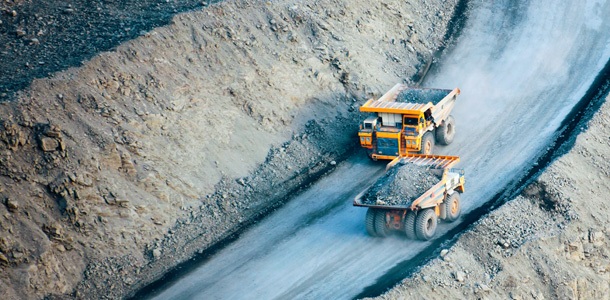
LNG: A competitive advantage for Quebec’s mining industry
Energy represents a significant cost in the operating expenses of mining companies and using natural gas helps them sustain competitive operations in Quebec. Switching from petroleum products to natural gas allows mining companies to reduce their operating costs and lower their GHG emissions by up to 20% compared to diesel.2 Natural gas supports key needs such as electricity generation, heating, industrial processes and ore transportation.
Imagine energy differently
We believe the future of energy lies in diversification. That’s why Énergir and its subsidiaries are actively involved in developing renewable natural gas and liquefied and compressed natural gas, as well as solar, wind and electricity projects.
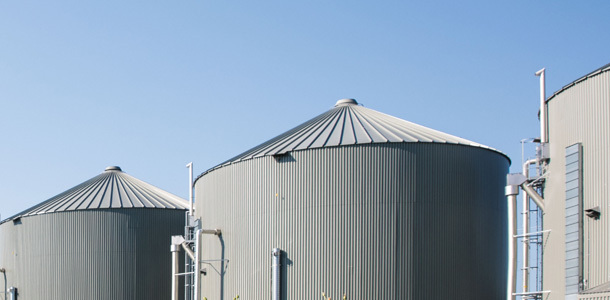
Renewable natural gas
Produced from organic waste, renewable natural gas (RNG) is a 100% renewable energy source that can replace fossil fuels. It works just like conventional natural gas, with no equipment changes required, but significantly reduces greenhouse gas emissions from fossil sources.
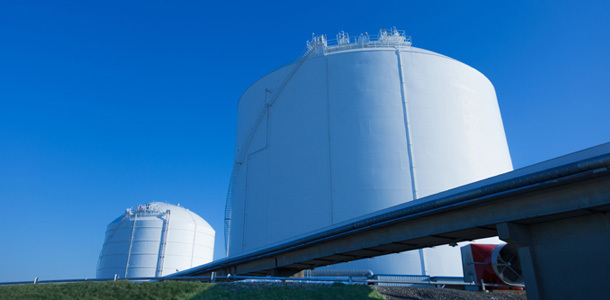
Liquefied natural gas
Liquefied natural gas (LNG) is natural gas that has been converted from a gaseous to a liquid state.
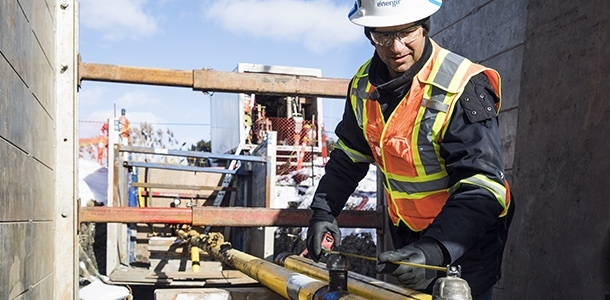
Natural gas distribution
Énergir is the leading natural gas distributor in Quebec and Vermont, through its subsidiary.
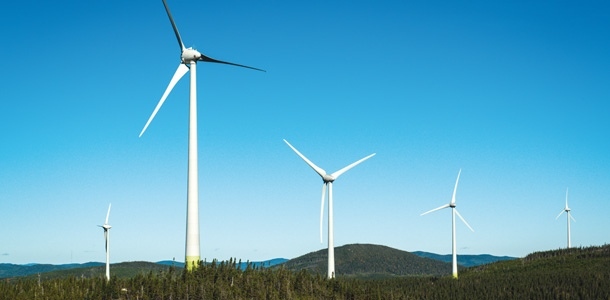
Other energy sources
Énergir and its subsidiaries invest in renewable wind, solar and electricity power projects across Quebec and Vermont.
1 Ministère du Développement durable, Environnement et Lutte contre les changements climatiques: GHG 1990–2022 Quebec’s 2022 inventory of greenhouse gas emissions and their progression since 1990 (in French only).
2 According to MELCCFP’s Guide de quantification des émissions de gaz à effet de serre, 2025, 126 p. (PDF, in French only)
3 Compared to current EPA standards.

